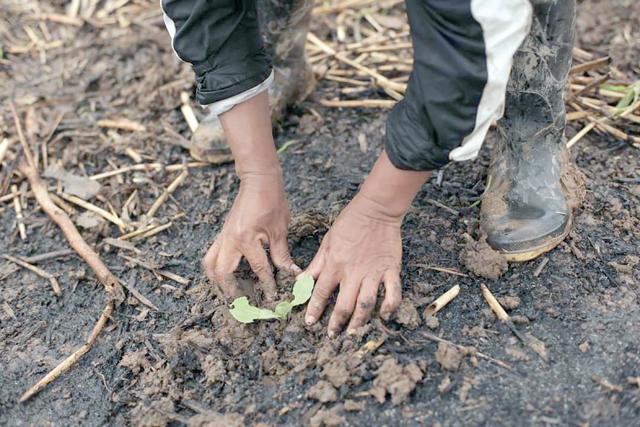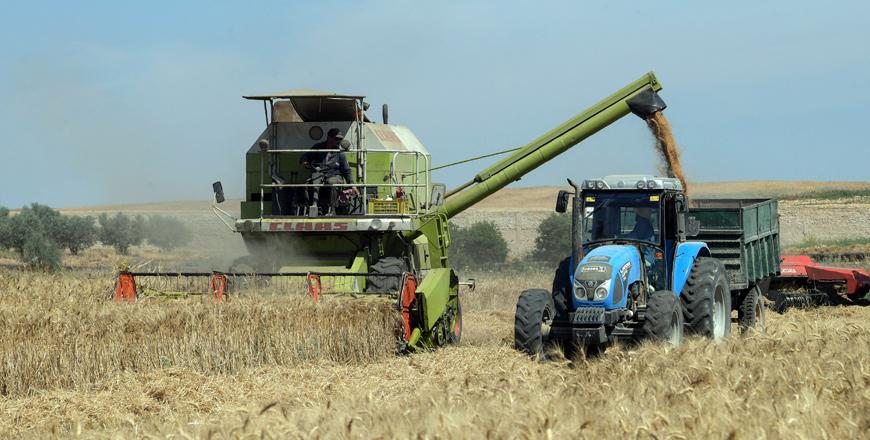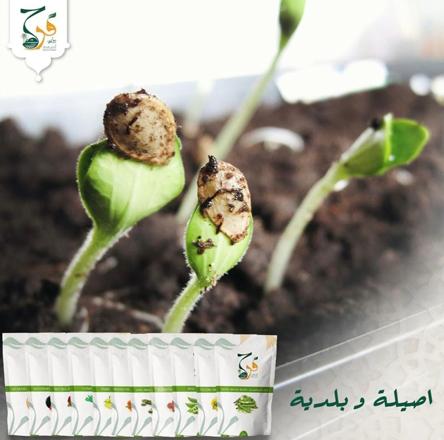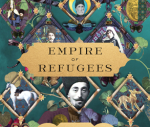You are here
Indigenous seeds sprout solidarity, A Growing Culture event hears
By Artemis Sianni-Wedderburn - Jul 03,2022 - Last updated at Jul 03,2022

A Growing Culture, an activist collective that confronts injustice in the food system, supports the utilisation of indigenous seeds (Photo courtesy of Darat Al Funun Facebook page)
AMMAN — “Does looking for hope give you hope?” Dimah Mahmoud, director of partnership at A Growing Culture (AGC), an activist collective that confronts injustice in the food system, asks the audience at an event held at Darat Al Funun in Amman last week.
“A good meal gives me the force to get out of bed when I have no hope,” replied an audience member.
AGC was founded in 2010 by Loren Cardeli, the collective’s executive director, who told The Jordan Times in a recent interview that the idea came from his experience hunting and growing food in the Belizean bush.
After witnessing a child dying from pesticide consumption in the bush, “I realised that there are two faces to a food system”, he said, referencing his observation of an organic way to grow crops that inspired AGC.
The pesticides the child had consumed were used for growing monocultures, the cultivation of a single crop in a set area, Cardeli noted. Monocultures often use High Yielding Variety (HYV) seeds that are planted where indigenous seeds are traditionally used, he said, but once HYV seeds are used, as they are not native they “do not adapt” to changing weather conditions.
HYV seeds often use pesticides that can negatively impact the soil quality, said Cardeli, noting that the seeds can only be used once, which places financial pressure on farmers if the crop fails due to climate conditions.
However, “indigenous seeds work with their surroundings”, added Mahmoud.
“The second that someone takes our seed, they take our history and our story,” in turn impacting the community, Mahmoud said.
Some of the most pressing issues of our time, including climate change, hunger, inequality and human rights, are connected to food, with agriculture contributing to these injustices, said Cardeli.
The creation of AGC was a push back against injustices in agriculture, Cardeli said, aiming to create a space for the sharing of agricultural knowledge and innovation in a food system that takes this away.
Innovation does not necessarily come in the form of technology, as farmers are practising “other ways of engagement”, he noted, adding that AGC works mostly through storytelling and word of mouth.
AGC supports the utilisation of indigenous seeds not only culturally speaking, but also in terms of socio-economic advancement, said Mahmoud.
This is crucial as “indigenous communities hold 80 per cent of the world’s biodiversity”, Cardeli added.
For Jordan, “as AGC, what solidarity would look like is how we can connect Jordanian farmers with other farmers”, Mahmoud said.
For example, farmers in Tunisia have an “indigenous seed fair” every year, sharing seeds and knowledge; this is an idea that is transferable to Jordan, Mahmoud noted.
“Solidarity with Jordanian farmers is co-creating the conditions for their re-imagined future to become a reality and amplifying the success stories as much as we are amplifying the challenges,” said Mahmoud.
This includes having control over access to markets, as Jordan Valley farmers can only sell to the Jordan Valley and the Amman Central Market, according to a recent report. Controlling your food means having secure supply, said Mahmoud.
She added that enough food for 10 billion people is produced globally, yet one billion are hungry and “most of them are farmers”.
Sarah, a Jordanian student, in an interview with the Jordan Times after the event, said that solidarity with Jordanian farmers includes “recognising that there are people producing food and their stories”.
“It is crucial to engage with culture,” Tuleen, another student, also told The Jordan Times after the event.
“You can be food secure in prison, but is that the life that you want? Or do you want agency?” Mahmoud asked the audience and many nodded in response.
In reclaiming food and the indigenous seed, “we take back the space to reconnect with our identity”, she added.
“Every indigenous seed holds a whole story that connects us”, noted Mahmoud.
Cristina, a freelance photographer, in an interview with The Jordan Times said that she felt “more empowered” after the event.
“Food is liberation because food brings us together,” Mahmoud concluded.
Related Articles
JEDAIDA, Tunisia — Tunisian farmers are turning to the past to ensure a future by planting indigenous seeds as the North African country suf
AMMAN — A Jordanian man has transformed his father’s abandoned nursery in west Amman into a family-run food sustainability project with the
AMMAN — Rawabi Farah, Jordan’s first seed bank initiative, holds a collection of around 112 local and indigenous seeds, according to its pro




















